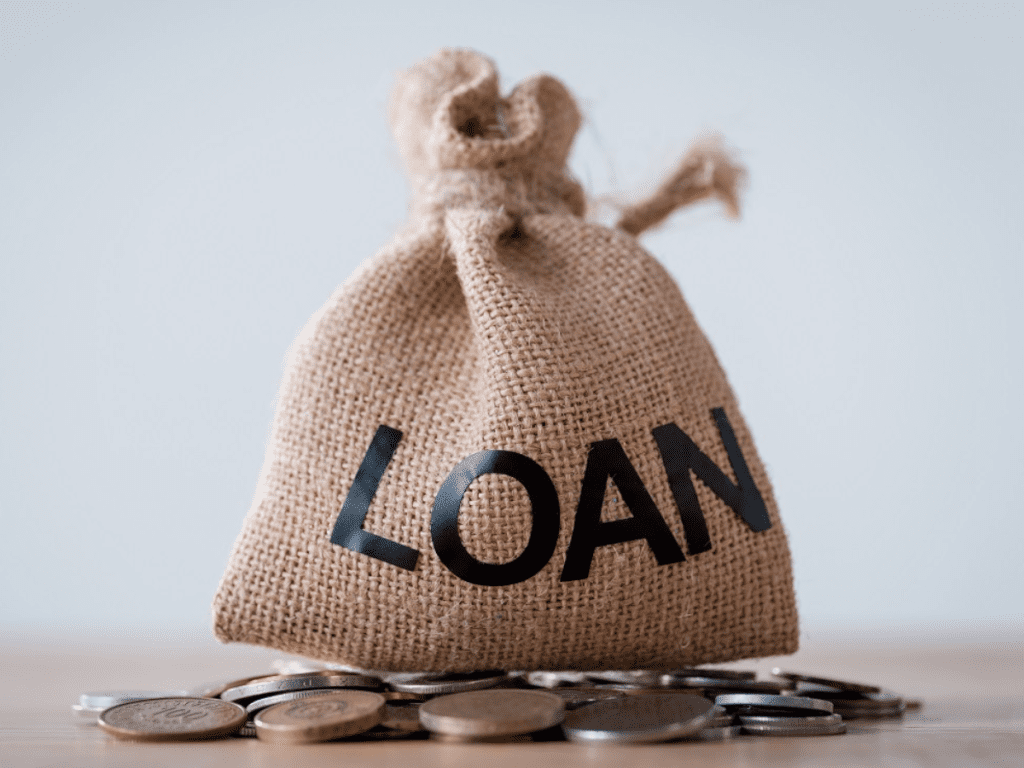Introduction
Getting a personal loan with bad credit might seem like a tough task, but with the right approach, it’s absolutely doable. Many lenders understand that a low credit score doesn’t always paint the full picture of your financial situation. With some preparation and careful planning, you can increase your chances of securing a loan that fits your needs. This guide walks you through practical tips to help you navigate the process and find the best option available.
Understanding Bad Credit
Before diving into loan options, it’s essential to understand what bad credit actually means. Credit scores range from 300 to 850, and if your score falls below 580, it’s usually categorized as poor. Your credit score is influenced by factors such as your payment history, how much credit you use, the length of your credit history, the mix of credit types you have, and recent inquiries. Knowing your score and what affects it will help you target the right lenders and improve your financial profile.
Tips for Getting a Personal Loan with Bad Credit
- Check Your Credit Report
- Start by getting a free copy of your credit report from Experian, Equifax, or TransUnion. Look for any errors or inaccuracies, such as accounts that aren’t yours or incorrect balances. Dispute anything that’s incorrect to improve your score.
- Understand Your Debt-to-Income Ratio (DTI)
- Your DTI ratio is a measure of how much of your monthly income goes toward debt payments. Lenders use this to evaluate your ability to repay a loan. A lower DTI ratio makes you a more attractive borrower.
- Look for Lenders That Work with Bad Credit
- Not all lenders are strict about credit scores. Some specialize in loans for people with bad credit. Credit unions, online lenders, and community banks are often more flexible.
- Consider Secured Loans
- Offering collateral, like a car or savings account, can increase your chances of approval. Just make sure you’re confident in your ability to repay, as defaulting could mean losing your asset.
- Work on Boosting Your Credit Score
- Even small steps can make a difference. Pay down high-interest debts, reduce your credit card balances, and avoid applying for new credit cards before seeking a loan.
- Compare Loan Offers
- Don’t settle for the first offer you get. Compare interest rates, repayment terms, and fees from multiple lenders. Some platforms let you prequalify with no impact on your credit score.
- Use a Co-Signer
- If you know someone with good credit who’s willing to co-sign, it could improve your chances of getting approved and may help you secure better terms.
- Request a Smaller Loan Amount
- Smaller loans are less risky for lenders, making them easier to approve. Only borrow what you truly need.
- Put Together a Strong Application
- Provide documents like proof of income, employment history, and assets to demonstrate your ability to repay the loan. A solid application can make a big difference.
- Use the Loan Responsibly
- Once you’ve secured the loan, use it wisely. Focus on consolidating high-interest debts or covering necessary expenses to improve your financial standing.
Alternatives to Traditional Personal Loans
If traditional loans aren’t an option, you can explore these alternatives:
- Credit Union Loans
- Credit unions often offer lower rates and more lenient terms than traditional banks. Joining one in your area could provide access to better loan options.
- Peer-to-Peer Lending
- Online platforms connect borrowers with individual investors, often offering more flexibility for those with bad credit.
- Payday Alternative Loans (PALs)
- These loans, offered by federal credit unions, provide short-term financial relief with reasonable terms and lower costs than payday loans.
- Home Equity Loans or HELOCs
- If you own a home, you might consider using your equity as collateral. Be cautious, though, as failing to repay could result in losing your home.
- Credit Builder Loans
- These are designed to help you build or repair your credit. You make regular payments, which are held in a savings account until the loan is fully repaid.
- Borrowing from Family or Friends
- While not ideal, borrowing from someone you trust can provide a short-term solution. Be sure to set clear terms to avoid misunderstandings.
Risks to Watch For
- Predatory Lenders
- Avoid lenders who charge extremely high interest rates or include hidden fees. Research their reputation and read reviews before committing.
- Payday Loans
- These loans are easy to get but come with exorbitant interest rates and short repayment periods, which can trap you in a cycle of debt.
- Overborrowing
- Borrow only what you need and can afford to repay. Taking on too much debt can strain your finances.
- Ignoring Loan Terms
- Carefully read the loan agreement and ensure you understand all terms, fees, and penalties before signing.
Building Better Credit for Future Borrowing
To improve your financial future and secure better loan options, focus on building your credit score:
- Pay Your Bills on Time
- Consistently paying bills by their due dates has a major positive impact on your credit score. Set reminders or automate payments to stay on track.
- Reduce Credit Card Balances
- Aim to use less than 30% of your available credit limit. Lower credit utilization can boost your score quickly.
- Keep Older Accounts Open
- The length of your credit history matters. Keep older accounts active, even if you don’t use them regularly.
- Diversify Your Credit Types
- Having a mix of credit accounts, like credit cards and installment loans, shows lenders you can manage different types of debt responsibly.
- Limit New Credit Applications
- Too many credit inquiries in a short time can hurt your score. Only apply for credit when necessary.
Conclusion
Getting a personal loan with bad credit takes persistence and preparation. By understanding your financial situation, exploring alternative options, and improving your credit habits, you can increase your chances of approval and secure better loan terms. Stay cautious of predatory lenders and focus on building a strong financial foundation. With the right plan, you can achieve your financial goals and set yourself up for greater stability and success.

